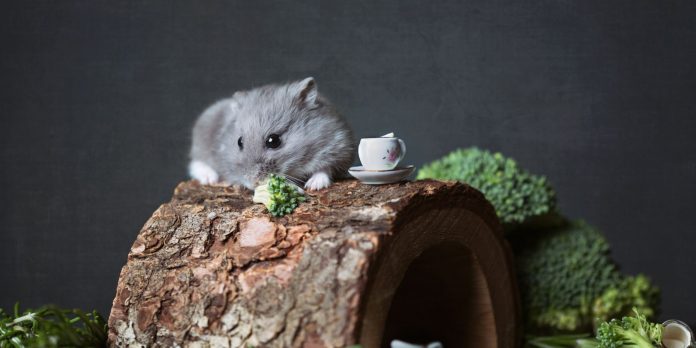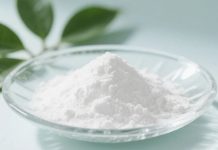Blueberries are a nutritious fruit that can offer health benefits to hamsters. They are rich in vitamins, antioxidants, and fiber, which are essential for a hamster’s diet. These nutrients support the immune system and aid in digestion.
Understanding Portion Control
While blueberries are healthy, they should be given in moderation. Due to their sugar content, excessive consumption can lead to health issues like diabetes or obesity in hamsters. A small piece of blueberry once or twice a week is sufficient.
The Importance of Introducing New Foods Gradually
When introducing blueberries or any new food to a hamster, it’s important to do it gradually. Start with a tiny piece to see how your hamster reacts. This gradual introduction helps prevent digestive upset and allows you to monitor for any allergic reactions.
Potential Risks of Feeding Blueberries
Despite their benefits, there are risks associated with feeding blueberries to hamsters. The high sugar content can be harmful in large quantities. Also, pesticide residue on unwashed blueberries can be toxic. Always wash them thoroughly before feeding.
Washing and Preparing Blueberries for Hamsters
To safely feed blueberries to your hamster, wash them under running water to remove any chemicals or pesticides. Cut them into small, manageable pieces to prevent choking and to make them easier for your hamster to eat.
Clean Cage Tips After Feeding Blueberries
Feeding fresh foods like blueberries can lead to a messier cage. Here are some tips to maintain cleanliness:
Immediate Cleanup: Remove any uneaten blueberries from the cage within a few hours to prevent them from getting spoiled or attracting pests.
Regular Spot Cleaning: Check for and clean up any blueberry remnants or droppings daily to maintain hygiene.
Monitoring for Stains: Blueberries can stain bedding and other cage accessories. Replace soiled bedding promptly to keep the hamster cage clean and odor-free.
Water Bottle and Feeding Area Maintenance: Ensure the feeding area is clean and the water bottle is rinsed out regularly, as fresh foods can increase the need for water.
Observing Your Hamster’s Health After Eating Blueberries
Monitor your hamster’s health after they eat blueberries. Look for signs of digestive distress, such as diarrhea or changes in appetite. Healthy treats should not negatively impact your hamster’s overall well-being.
Dietary Diversity for Hamsters
While blueberries can be a healthy treat, they should be part of a diverse diet that includes hamster pellets, a variety of vegetables, occasional fruits, and protein sources. This diversity ensures that hamsters receive all the necessary nutrients.
Common Misconceptions About Feeding Fruits to Hamsters
There are misconceptions about feeding fruits to hamsters. While fruits like blueberries are safe in moderation, not all fruits are suitable for hamsters. Avoid citrus fruits and overly sugary fruits, as they can harm your hamster.
Conclusion
Feeding blueberries to hamsters can be safe and beneficial when done correctly. It’s important to offer them in moderation, prepare them properly, and maintain a clean cage environment. Always prioritize a balanced diet and monitor your hamster’s reaction to new foods to ensure their health and happiness.



















